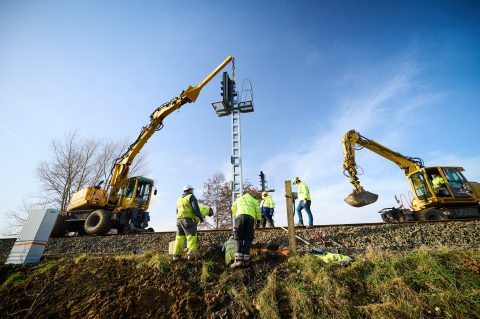
Using materials that last a long time and executing the right maintenance measure at the right time are crucial for a maximum lifecycle of the rail infrastructure. According…

Using materials that last a long time and executing the right maintenance measure at the right time are crucial for a maximum lifecycle of the rail infrastructure. According…
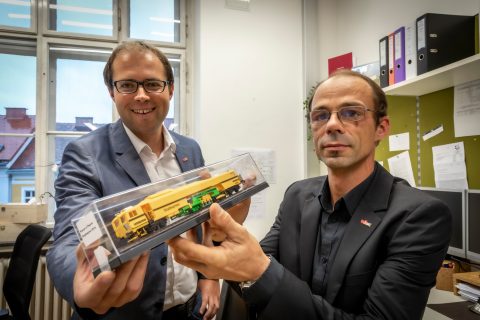
Researchers of the Austrian Graz University have developed an algorithm-based method that provides decisions on the correct amount of tamping measures on tracks. The method reduces the track…
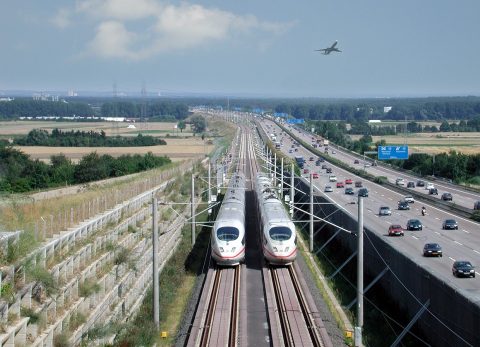
The allocation of track access charges is an area of intense debate in the rail sector, especially now that COVID-19 is affecting rail transportation. Tomorrow, on 14 and…
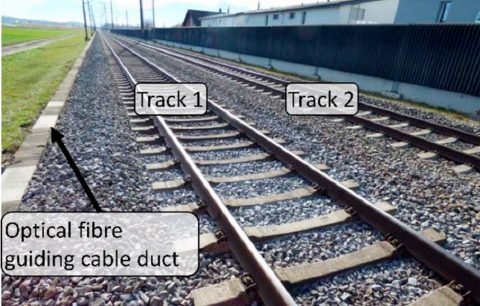
Using measurement methods via fibre optic cables alongside railway tracks delivers more and more up-to-date, data on the condition of railway infrastructure. This allows infrastructure managers to monitor…
As a result of the Fourth Railway Package, which aims to create a single European railway area, the European Commission changed regulations in 2012 concerning the railway user…
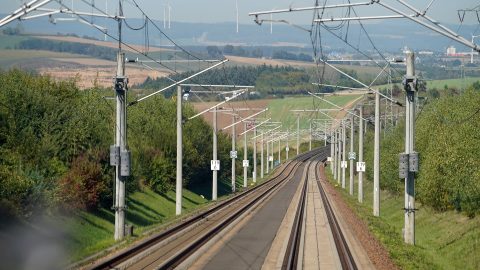
The Track Access Charges Summit 2020 is open for registration. The event will take place on 21-22 April at the Railway Museum in Riga, Latvia. Two key topics…
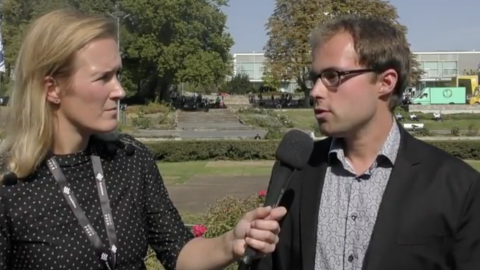
“Digitalisation is a very challenging topic for the railway sector, but I think it can ultimately revolutionise the sector,” Johannes Neuhold from the Graz University of Technology argues.…
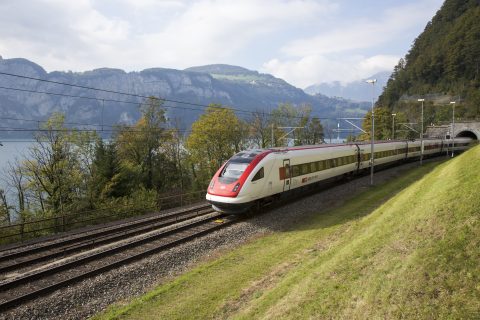
Graz University of Technology wants to use acoustic waves to detect track failures and worn components. In many countries, distributed acoustic sensing (DAS) is already being used to identify…
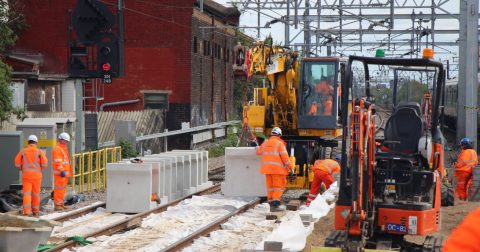
All over the world, human resource management strategies have lead to a loss of experts in the field of railway infrastructure management, according to Johannes Neuhold and Matthias Landgraf at…
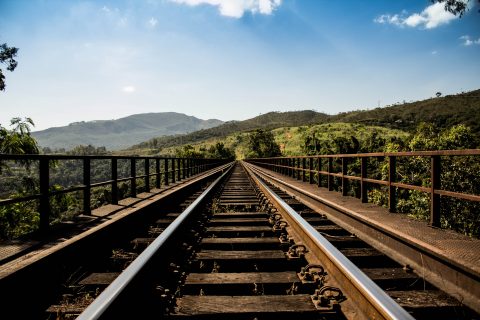
The registration for the Intelligent Rail Summit 2018 is now open. The event will take place on 27-29 November in Malmö, Sweden. The themes of the summit are…
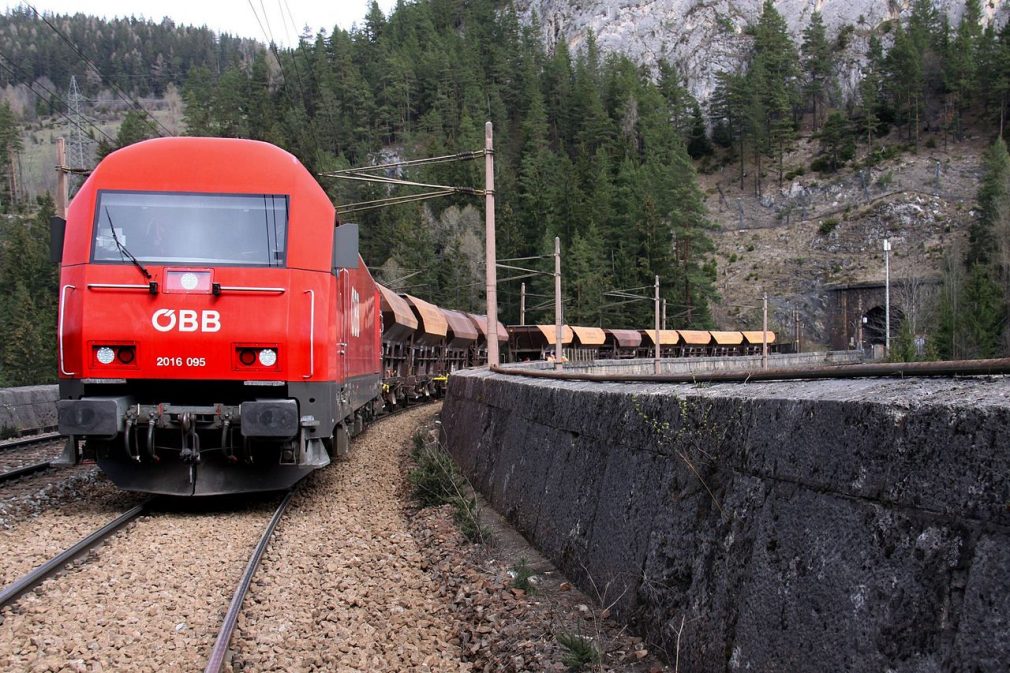
When comparing track acces charges for international freight trains in different countries, we have somewhat of a harmonised level in Europe, concluded Stefan Marschnig at the Track Access…

This week the first speakers of the Track Access Charges Summit 2018 are announced. Dr. Heike Link, Senior Research Manager at the German Institute for Economic Research (DIW Berlin),…
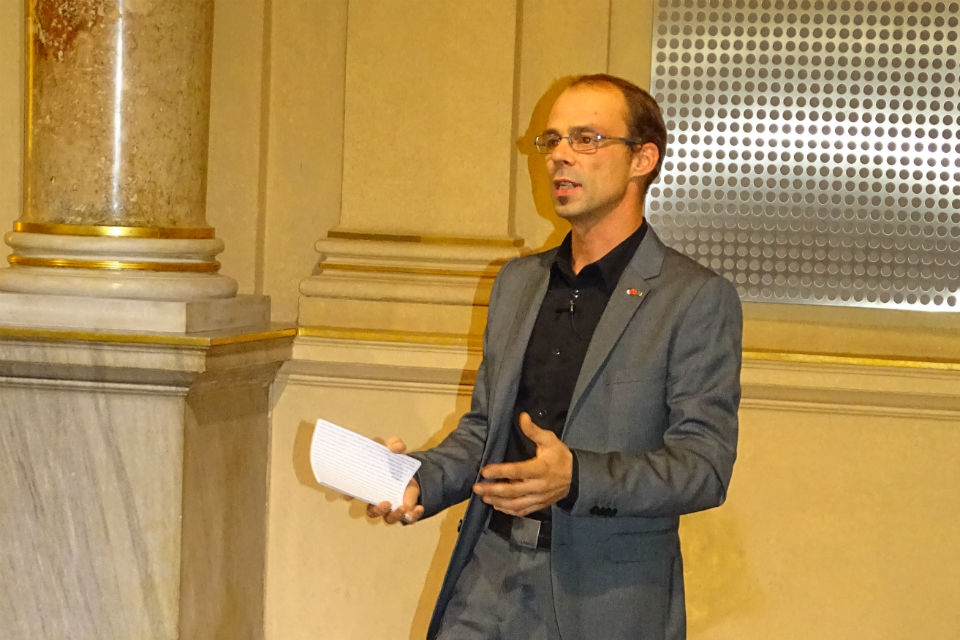
The framework for European rules about Track Access Charges (TACs) changed with the publication of Regulation 2015/909. For the first time, direct cost was described in quite some…
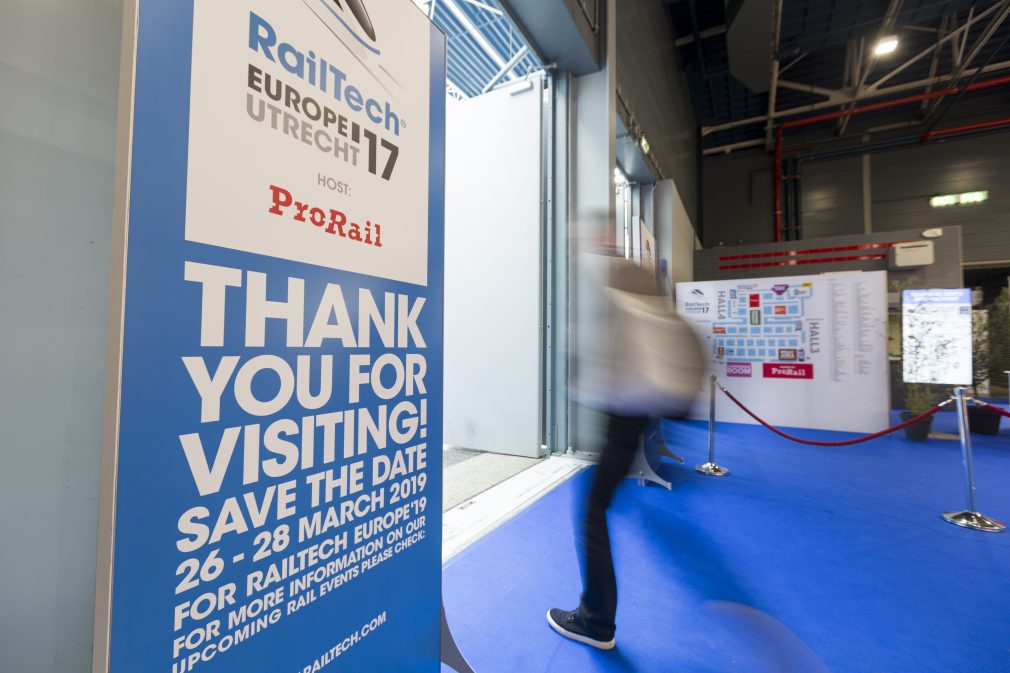
The third and final day of RailTech Europe 2017 was based on Predictive Maintenance of Rail Infrastructure, and its increasing importance in delivering efficient working practices, cost savings…
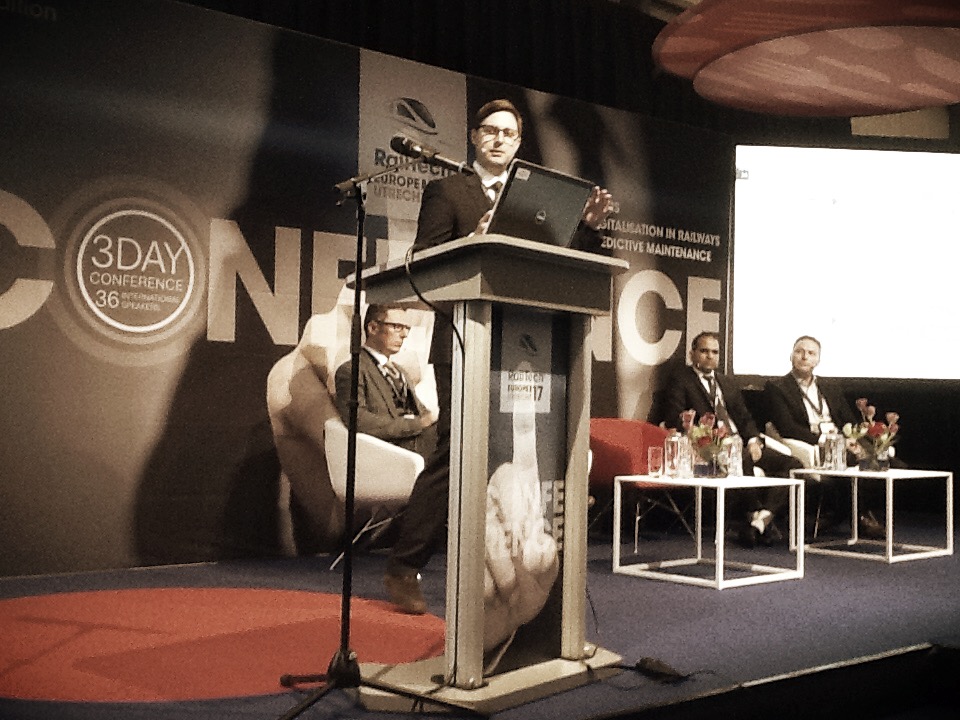
Digitalisation in Railways was the captivating theme for Day Two of RailTech Europe 2017, which has attracted several thousand rail professionals from across the world. Joan Blaas of…